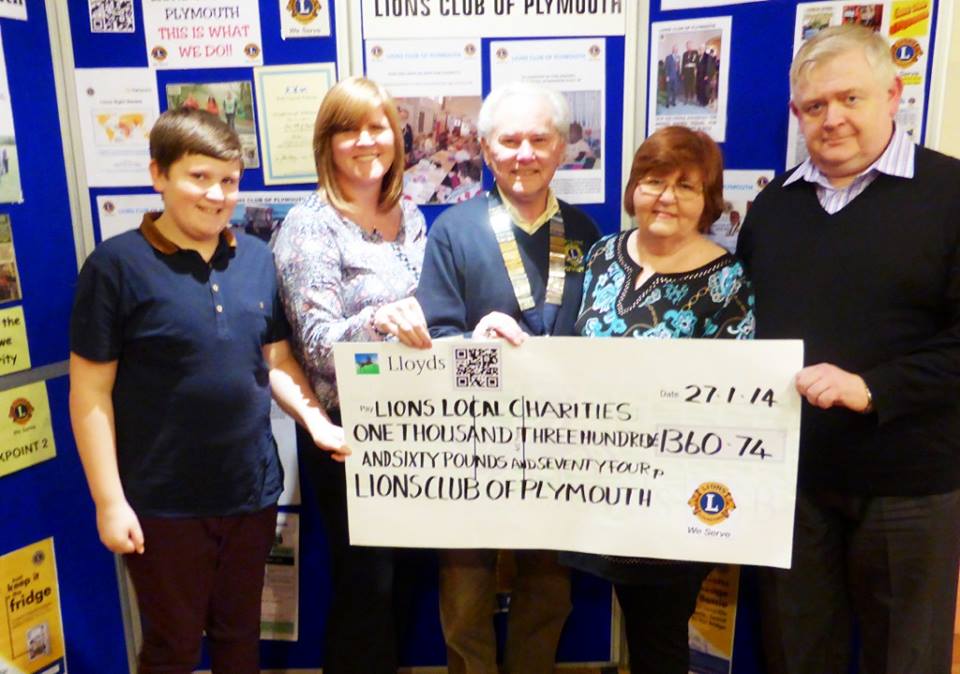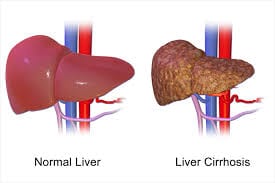It was on an unspectacular day in December, 2008, in which Sheila Connolly’s life would take a sharp u-turn. She had collapsed and was rushed into intensive care, the signs were dire. An hour later Sheila’s husband, Stephen, arrived and after being shuffled into a side room he was promptly informed that his wife was beyond saving and she would be dead in a matter of hours.
I first met Sheila a couple of years ago at a fundraiser hosted by students who were apart of the National Citizenship Service (NCS), members were split into groups and tasked with raising funds for a charity of their choice. One of which was the support group ‘Friends of Liver Lifeline’, it was an organisation that was established to provide emotional and financial support those both suffering from liver disease and survivors of the affliction. I had a narrow understanding of the condition at the time, though I bore the misconception that it was the mortal bane of alcoholics. During the event I managed to get to talk to Sheila, she was (and remains) a short, outwardly tough and beloved grandmother from Lancashire. She was passionate about ‘Friends of Liver Lifeline’ as she was it’s founding member and had experienced all the trials and tribulations that come from facing liver disease.
So, recently I managed to sit down with Sheila and talk about her story in her home. After about ten minutes of myself panicking as a result of having no idea how to figure out how to work my microphone, with Sheila patiently and jovially waiting, we kick-started the interview with me asking how she was diagnosed with liver disease.
She explained to me the aforementioned ordeal, upon collapsing Sheila fell into a coma. Whilst the staff and her family were awaiting for her “to pass” another doctor who was passing through inquired about Sheila. The doctor in fact knew what was wrong with comatosed grandmother, he took her up to his ward where Sheila remained unconscious for a further six weeks.
Upon coming to, Sheila was asked as to whether she had taken blood tests, being diabetic she had indeed fared her fair share. Then, after a twenty minute wait, the doctor returned with news that the blood tests had shown that for the past ten years Sheila’s liver was in a sorry state. It was at end stage and her only means of survival meant a liver transplant.
So, in the hospital she would remain for a further seventeen-months, upon a ever-growing list for those requiring a new organ. She told me that during that time she had to deal with many ordeals that come with liver failure, for instance her mental state was affected. Chemicals in the body would lead to periods of hallucinations and delirium, Sheila spoke of being convinced that the nurses were plotting to murder her and sighting a cupboard filled with rotting corpses. However, she felt that the real low point was thought of not seeing her family grow up:
“I’d written to all my grandchildren to say what I expected of them in life because I wasn’t going to see them grow up.”
However, after the long and arduous wait, there was finally light at the end of the tunnel, after being operated on Sheila left hospital care with a new liver. She had made it.
However, her journey wasn’t over yet. After the successful operation, Sheila was eager to continue with her life. Yet, she couldn’t quite shake a lingering feeling:
“When I had the transplant, I couldn’t understand why I survived and somebody had died so I would live?”
So, Sheila initially sought out help from counselors, however she felt that they weren’t helping. But eventually, after speaking with a psychiatrist, she was advised to find like-minded survivors of liver disease to talk to. After some consideration, Sheila felt that she had a duty and knew what to do:
“I talked to my husband and we decided that we would form a support group. Not to ask us medical questions but to talk to us about how they feel, what they want and whether they were going to survive or not going to survive and just give them some hope.”
From then, Sheila joined Liver for Life, a national charity, in which she became a trustee and hence getting her group – Friends of Liver Lifeline – charity status. The group, aside from providing emotional support to those going through liver disease also set about raising money (thus far £30,000) and educating people about what causes liver disease.
Now, upon Sheila mentioning this, I asked as to whether it was alcohol that caused her experience with affliction. She then explained that she had drank in moderation and still does but, whilst alcohol abuse can definitely lead to liver failure, there are in fact three-hundred causes of the disease. In fact, as little as 2% of cases were as a result of alcohol, she then turned to me and told me how Nonalcoholic fatty liver disease (NAFLD) and Nonalcoholic steatohepatitis (NASH) are heading towards being the number one killer in the UK by 2020. I was shocked to hear this, Sheila’s liver disease was caused by diabetes and an unhealthy diet. She also explained that with the rise of obesity in the UK is accompanied by the massive rise in liver failure.
With the rise of mass produced, cheap ready meals that are being readily sold in major food retailers comes even more risks of a nationwide liver disease epidemic. Sheila told me that despite it sounding stereotypical that we need to start regulating and understanding what we’re putting into our bodies.
In recent years, Friends of Liver lifeline began to focus efforts towards increased funding towards spotting early onset of liver disease – the likes of which can be helped through diet changes and consumption of the right types of food. The group managed to raise enough for a mobile fiber scanner – a two minute, non-invasive test that catches the early onset of the condition. I was then told:
“If we can save one person’s life, and stopping people getting to the point when they need transplants then I would have done what I wanted to do.”
Sheila has since stepped down from her role of Friends of Liver Lifeline in order to spend more time with family and living her own life, however she told me that her dream of making a difference has come true for helping others was all she truly wanted.




Great piece of storytelling Ben! I thoroughly enjoyed reading about Sheila’s story. I’m looking forward to hearing the accompanying audio.
Cheers famalam